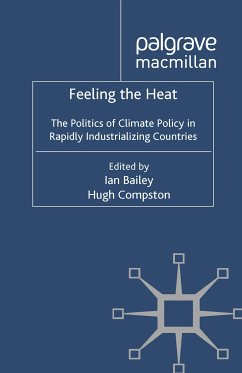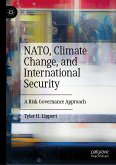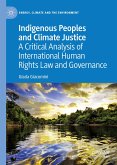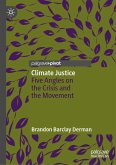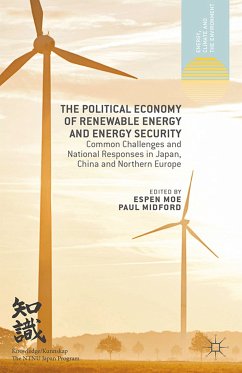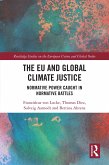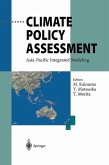Dieser Download kann aus rechtlichen Gründen nur mit Rechnungsadresse in A, B, BG, CY, CZ, D, DK, EW, E, FIN, F, GR, HR, H, IRL, I, LT, L, LR, M, NL, PL, P, R, S, SLO, SK ausgeliefert werden.
Andy Gouldson, Director, ESRC Centre for Climate Change Economics and Policy, Leeds, UK
As the largest of the industrializing states, Brazil, China, India and Russia will in many ways determine the future of the global environment. This book explores how these major economies understand and frame climate change and the actions they are prepared to take. Using a policy-network approach, it also proposes politically palatable strategies for action. Clearly, this is a must read for students, researchers, and policy practitioners.
Miranda A. Schreurs, Director, Environmental Policy Research Centre, Freie UniversitätBerlin, Germany
With their massive and growing ecological footprints, China, India, Russia, and Brazil are crucial players in the politics of climate-change mitigation. This volume, with its extensive case studies and comparative analysis, will help scholars, students, journalists, and activists around the world to understand the political realities in these key countries.
Graeme Lang, Department of Asian and International Studies, City University of Hong Kong, China
Foranyone interested in recent developments in climate policy of the rapidly emerging economies, Bailey and Compston's book is a valuable compendium. The solution of the challenges discussed in this volume will be the key task of
the next decade of international climate policy. Otherwise we will be moving along a path leading us to a world warming by 3°C or more before the end of the century.
Axel Michaelowa, Greenhouse Gas Measurement and Management

